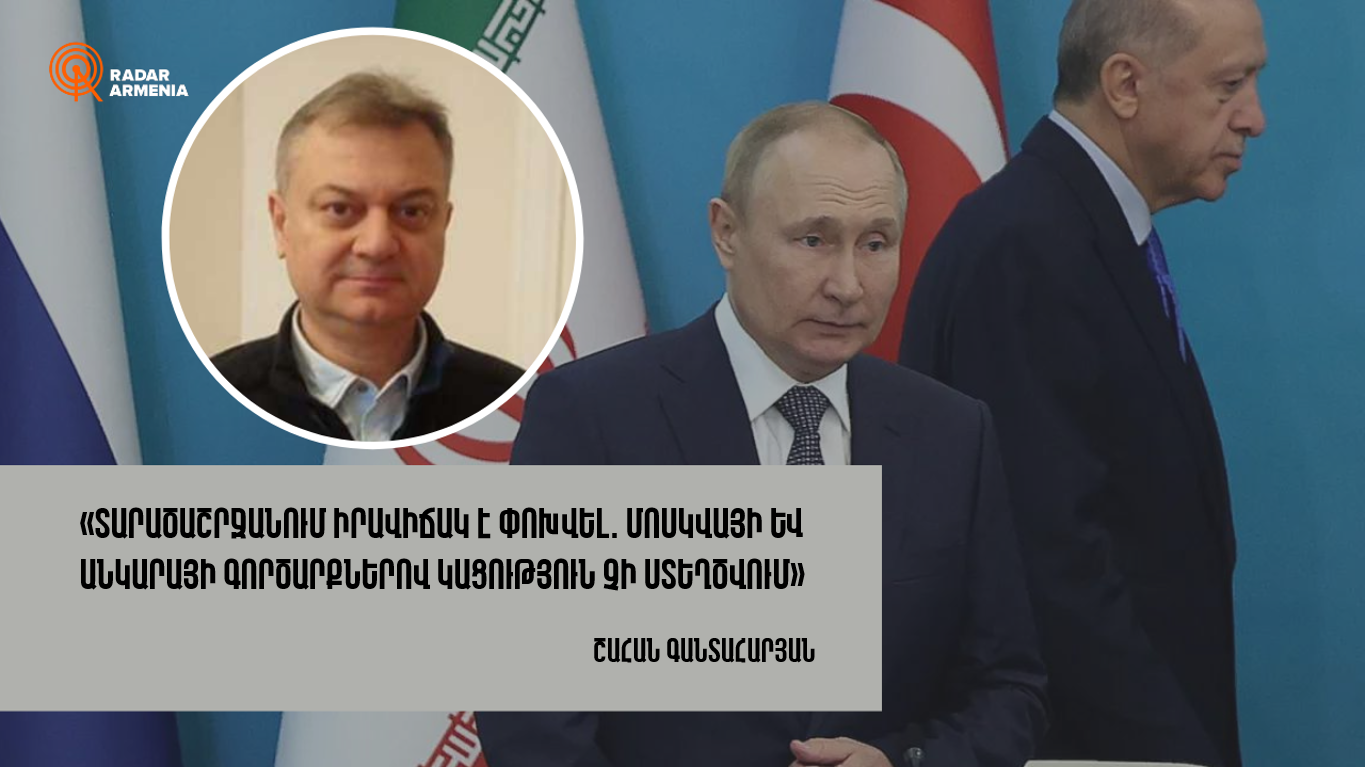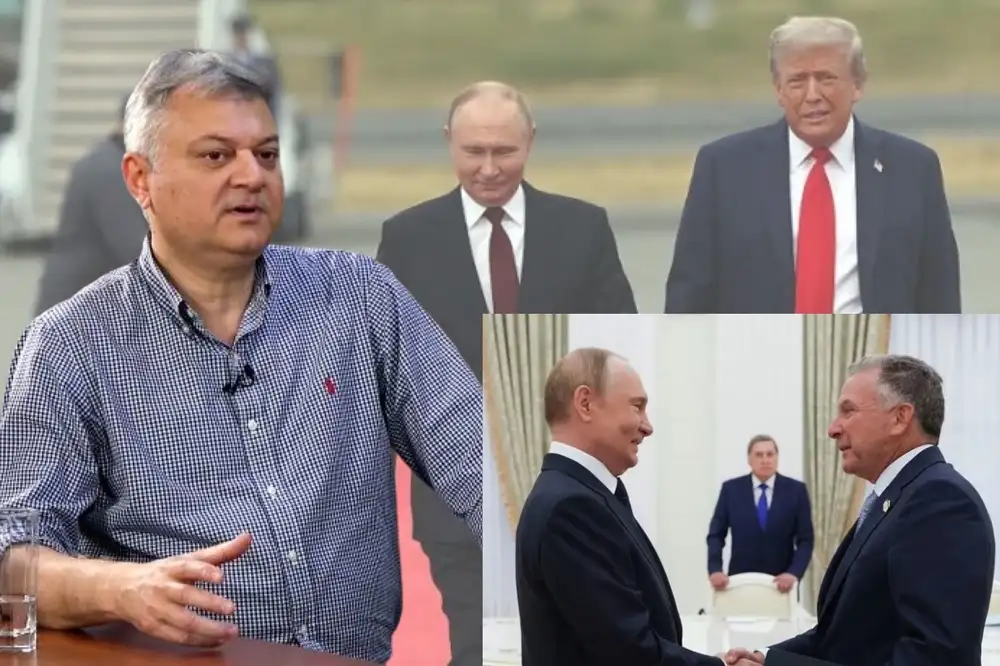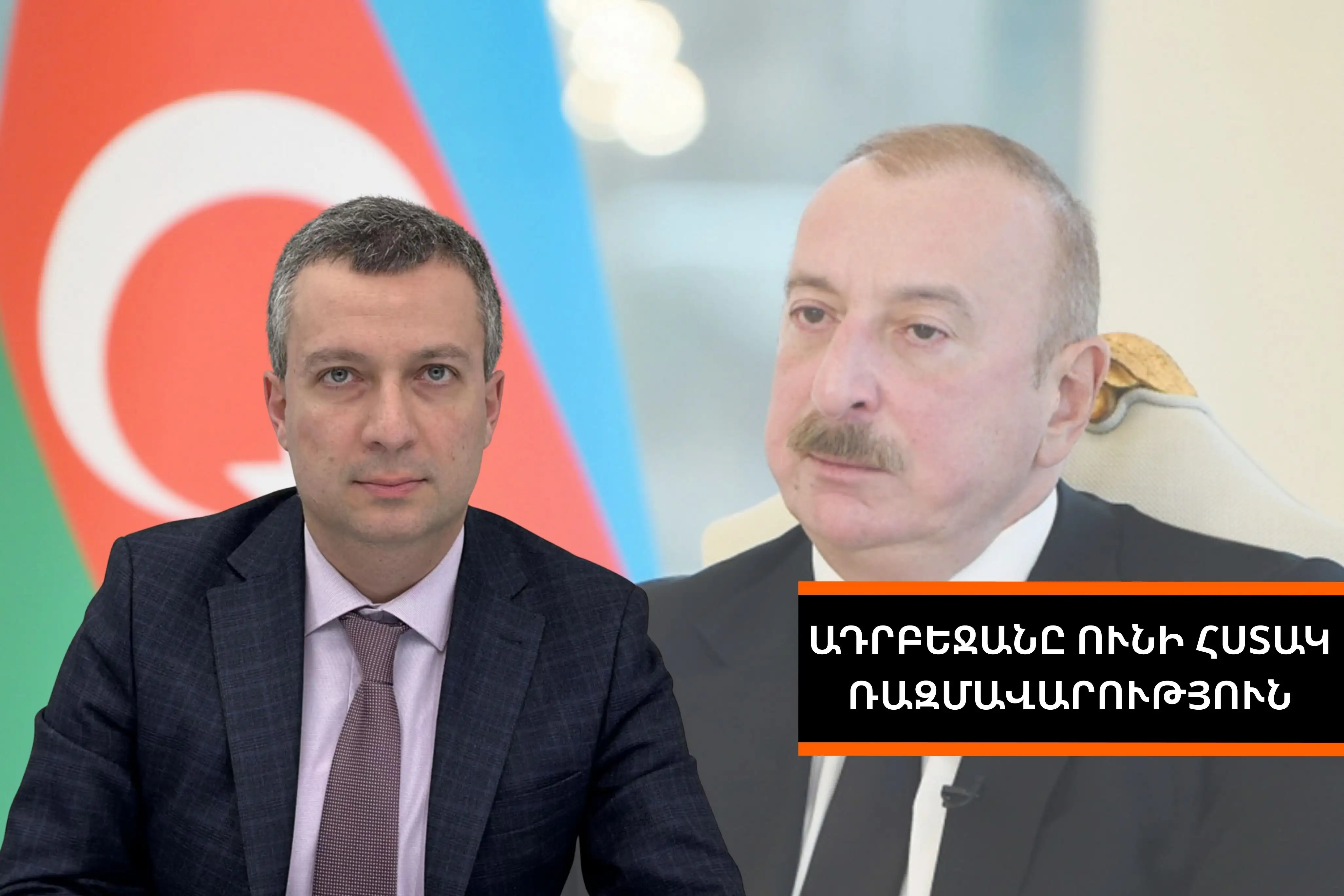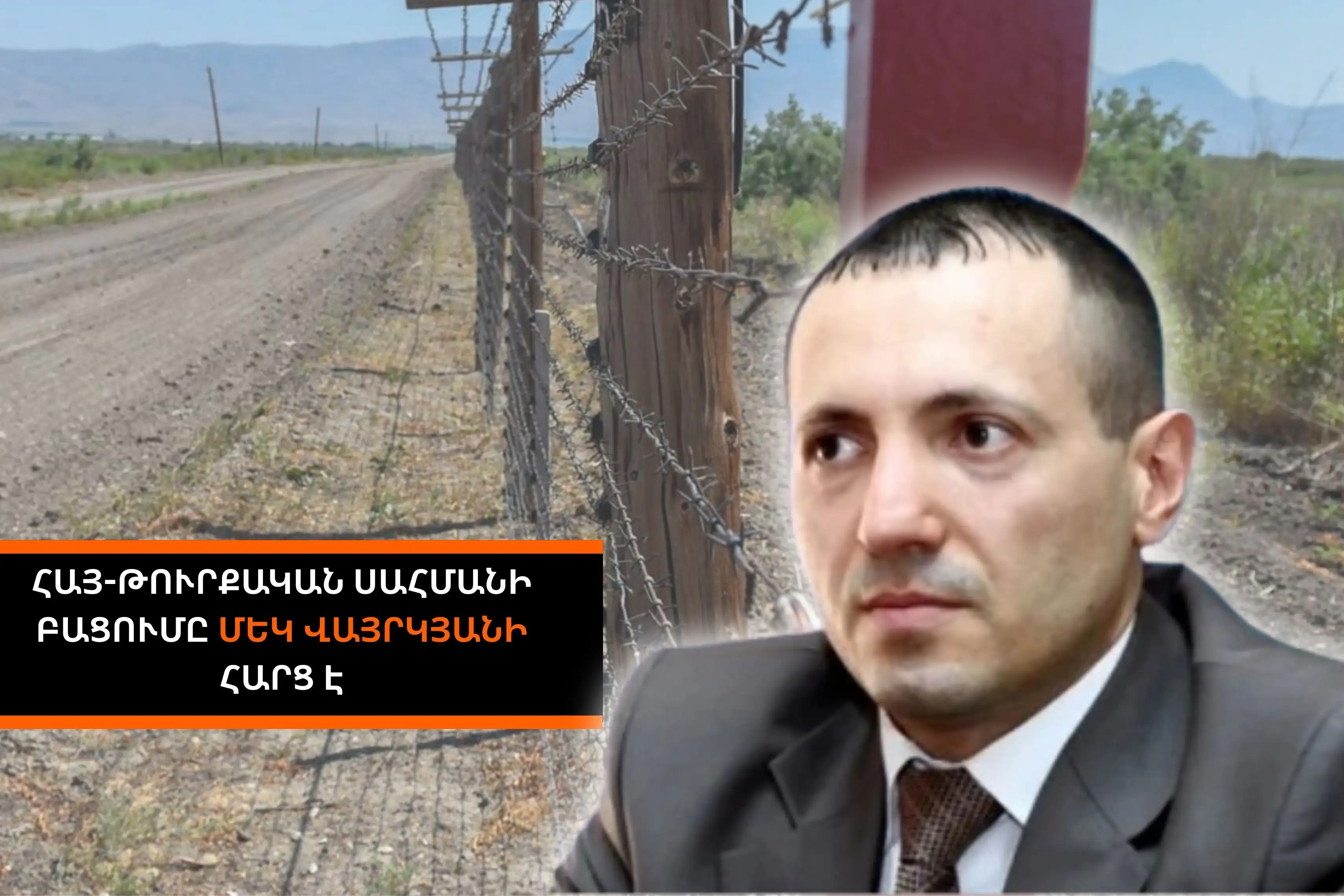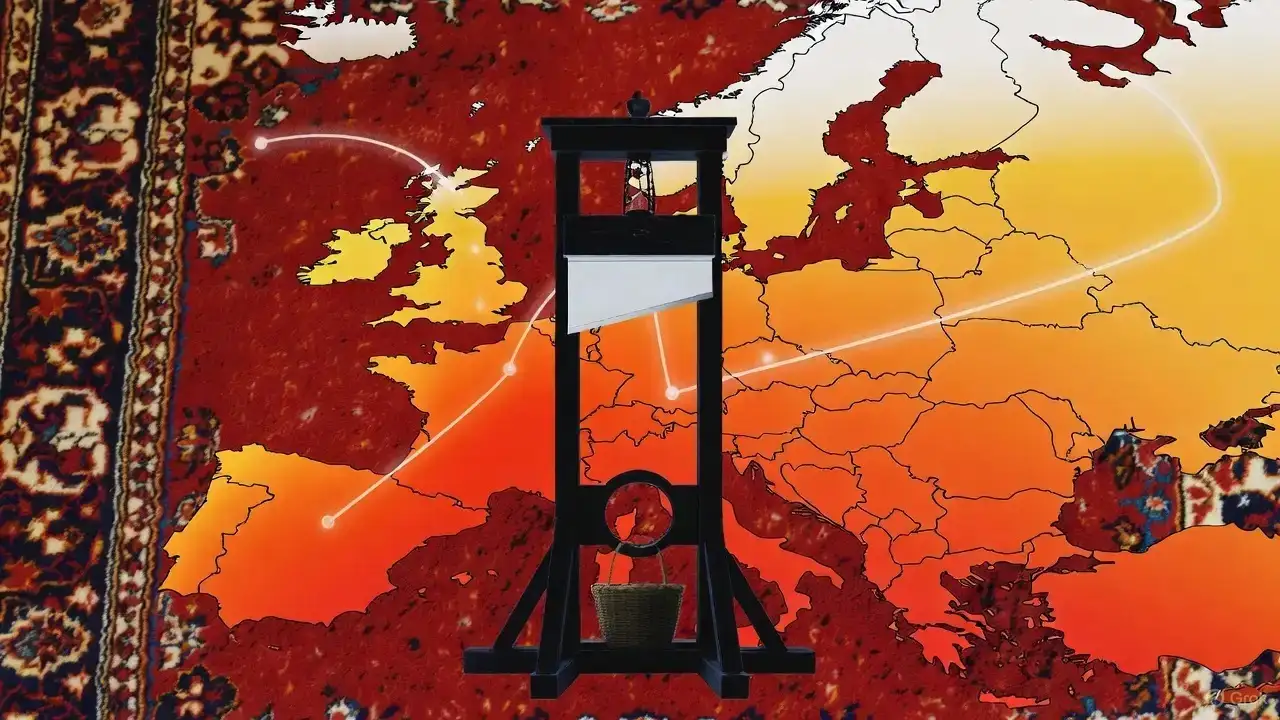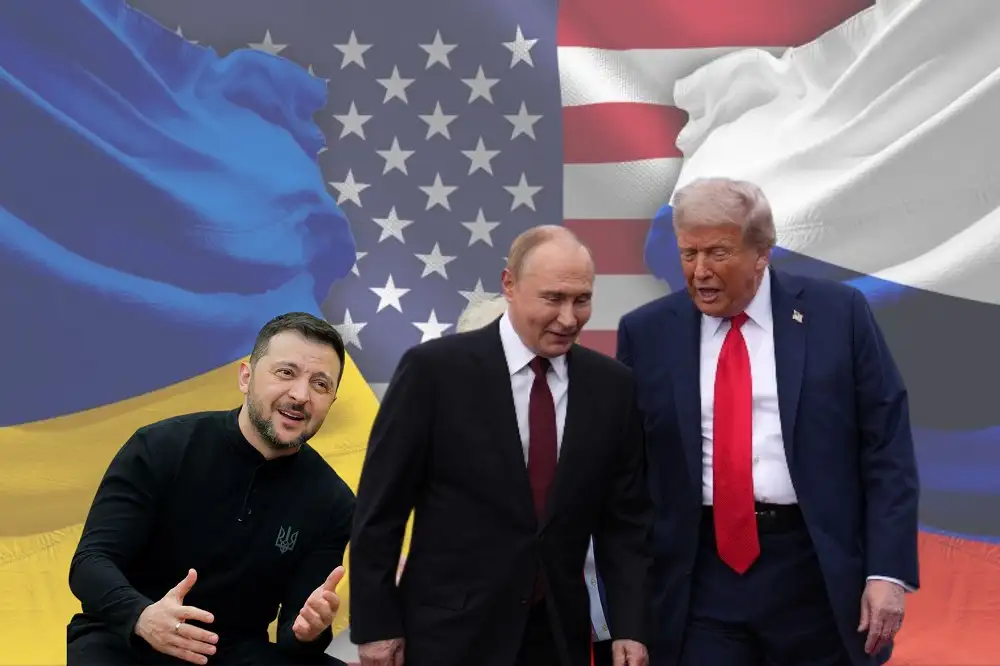Radar Armenia's interlocutor is Shahan Gantaharyan, an international scholar.
- Referring to the Armenian-American exercises, the Ministry of Defense of Azerbaijan threatened Armenia that if the provocative actions against Azerbaijan were not stopped, appropriate measures would be taken for self-defense, using all the means available in the arsenal of the Azerbaijani armed forces. How do you interpret such statements from the Azerbaijani side, which regularly declares peace?
- Torpedoing the peace process and talking about peace are the old behaviors of Azerbaijan. One step forward, two steps back, it will continue even on the rhetorical level. This particular statement is directed against the USA. It also conveys a message primarily to Moscow, Iran. Considering military exercises with the USA as a provocation is equivalent to the perception that the USA is organizing a provocation against Azerbaijan. This is mainly identified with Moscow's approach and fits into Moscow-Baku transaction frameworks.
- Considering the above statements, do you see a danger of military escalation by Azerbaijan?
- I do not consider it realistic to hold military operations before COP 29, the November conference. After that, Azerbaijan's behavior of tearing away from Armenia as much as possible will continue. The outbreak or containment of war does not depend on Azerbaijan but on the leading players in the region. The situation in the area has changed, and a settlement is not created only with the deals of Moscow and Ankara.
- Vladimir Putin met Syrian President Bashar Assad in Moscow. In your opinion, what issue is Putin trying to solve with such meetings?
Moscow wants to be the primary mediator between Ankara and Damascus. I think Syria's hardening and softening of positions, the absoluteness of the preconditions, or the differences in stylistic shades depend on Moscow's orders. The Syria document is one part of the overall package of Moscow-Ankara relations. That is why normalizing relations is done in a gradual or phased format.
- Louis Bono, senior adviser on the Caucasus negotiations of the USA, was in Armenia again. The United States has become quite active in Armenia before the presidential elections. How do you interpret the activity of the USA?
- It has been active in the USA lately. The roots of this activation go back more than a decade to when the USA opened its largest embassy complex in the world in Yerevan. According to the logic of long-term plans, it was an indicator that the US would activate its presence in the region and Yerevan. Under the leadership of the USA, the collective West has penetrated the Caucasus and speaks from the position of the leading player. The events are taking place at the behest of the US, among other players.
Hayk Magoyan




